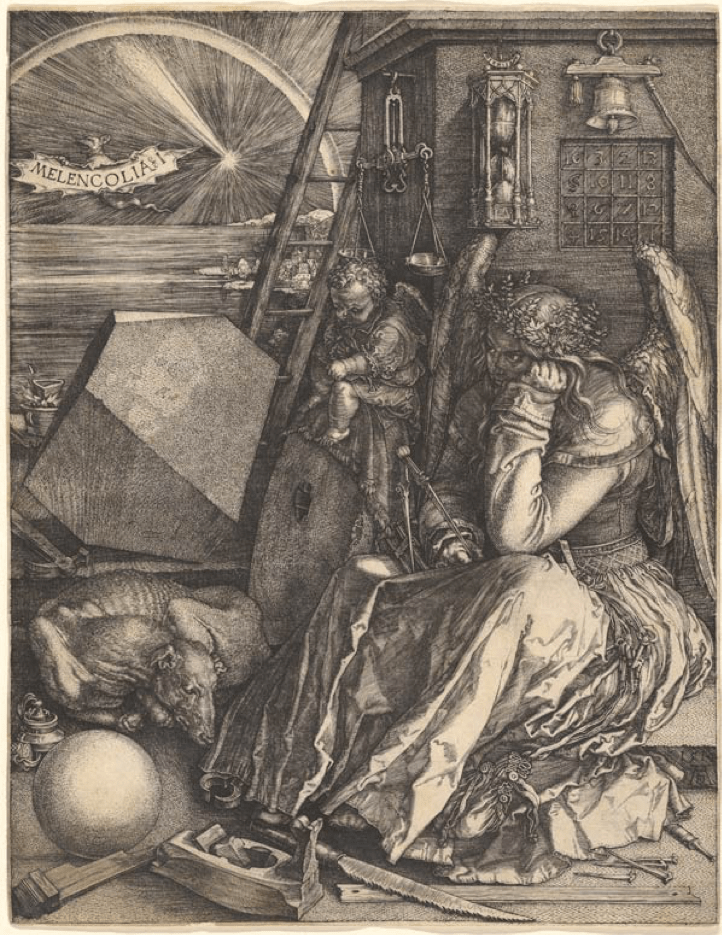Melancholic Satires: Embodying Critique in the Eighteenth Century
Phillip Cortes
English
UC Santa Barbara
This project proposes that passionate stimulation underscores the moral program of eighteenth-century satires. Analyzing works by Jonathan Swift, Tobias Smollett, Laurence Sterne, and Aphra Behn, it argues that authors developed “melancholic satires”–ones that not only present a character or narrator with a melancholic perspective, but also convey passionately disruptive rhetoric that invites the reader into discerning the satire’s criticism. We might understand “melancholy” to mean depression or sadness, yet seventeenth- and eighteenth-century medical theorists pathologized melancholy and its related conditions of enthusiasm, vapours, and hypochondria as caused by excess bile, humours, and what concerns me here the passions. Thus, the work defines melancholy as the corporeal and passionate destabilization of the self. Moreover, moral philosophical philosophers advised the need to moderate the disruptively excessive passions. Eighteenth-century satires advocate instead that melancholic and passionate destabilization makes audiences more conscientiously aware of their own and others’ immoral tendencies. These satires via their affective rhetoric invite readers to over-interpret the satire in a manner that is as passionately excessive and destabilizing as melancholy. The project, thus, proposes that understanding the moral design of these satires requires analyzing these texts’ affective language and readers’ passionate interpretation of this language.


